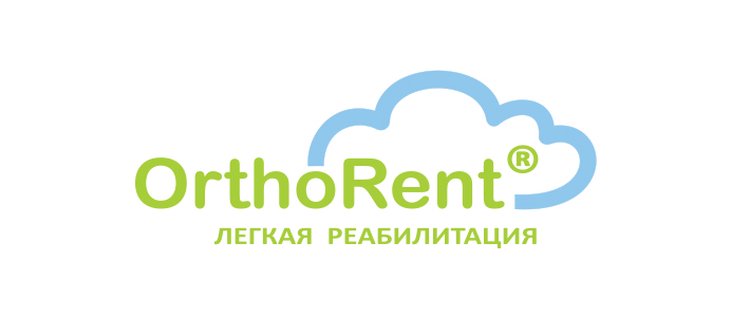
The Basque Country company Virtualware has come to an agreement with a distributor in Russia to sell there the rehabilitation tool Virtualrehab, aimed at patients with Multiple Sclerosis, Alzheimer’s, Parkinson’s and those who have suffered a stroke.
The novelty of this product is that it uses the videogame console Kinect to capture the patient’s movements without any type of command, whilst encouraging them to continue the treatment through mini games with points and challenges adapted to their level of disability.
Although the project came about whilst concentrated on the rehabilitation of Multiple Sclerosis the company from Vizcaya realized that 70% of the exercises could be applied to other illnesses, especially the treatment of stroke. “Rehabilitation is key during the following two or three months for the patient to obtain a better level of autonomy and not have to rely on another person”, assures the Director of Operations and Health of Virtualware, Asier Pereda. More recently they included exercises for Parkinson’s and those aimed at the elderly.
The latest milestone for Virtualware has been to close a deal for the distribution of Virtualrehab with the company Ortorent, considered one of the most important companies in the Russian market for the distribution of rehabilitation equipment, which has the participation of the US multinational, DJO, dedicated to the provision of orthopaedic devices.
The Basque-Russian negotiation has taken several months but the operation/agreement was only signed three weeks ago. “For us Russia is a very interesting market” admitted Pereda. It is a country with 145.5 million inhabitants, of whom 250,000 suffer from Multiple Sclerosis, 530,000 from Parkinson’s and every year there are 310,000 new cases of stroke, according to the data handled by the company whose head office is in Basauri (Vizcaya).
The Basque product has already been localized into Russian and will soon be marketed, mainly in the area of private health care. Pereda believes that it is an “affordable product” since they are selling it at a price of 2.5 euros per month for each patient under treatment. “It is a form of renting software as a service, which enables flexibility with clients. If a clinic has 40 patients, they only pay for those 40. But if a hospital has 3,000 – well, for 3,000”, he gave as an example.
An outward view
The agreement to be in Russia is in the context of the internationalization measures that the Basque company, with around 30 employees, has been putting into place for a little over two years with some timely launches and business missions. The company has carried out business in Chile and has strategic partners in Germany and Italy. It also hopes to place two VirtualRehab demonstration products in several hospitals of the British National Health Service (NHS), after reaching an agreement with the British Multiple Sclerosis Association. “2013 is our year of international consolidation” Pereda has stated. They hope that by the end of the year “between 25% and 35% of Virtualware’s invoicing will come from markets beyond Spanish borders”.
For Spanish SMEs who base 100% of our invoicing in the national market it is imperative to leave in order to survive, especially how things are going now”. “We have been able to look ahead” he states “but the SMEs who are only just starting the process of internationalization will find it difficult”.
In this sense, on Wednesday, 6 March, Virtualware will open its second external office in Mexico – the first is with a local partner in London – “which will become a link to Latin American markets”. However, the company from Vizcaya already has its eye on the United States. The aim is to create a start-up “only for VirtualRehab” near San Francisco “with a local partner who has strong presence in the health care sector” in order to tackle the North American market.
Another “appetising but very complex” market, as defined by Pereda, is the Middle East. “Two years ago we went to Bahrain and were on the point of setting up a joint venture with a local partner. In the end the operation didn’t go ahead because the problems and revolts in the Arab world began”. However, they continue to be focused on this market as they hope, through their English subsidiary, to attend a fair which will take place in Qatar in May.
The Virtualware Basques have three areas of business concentrated on interactivity, training and education in the professional and health sectors. However, the latter is where they see rapid growth “above all through the investment being made at national as well as international level”. “We believe it is a strategic area which is booming”, states Pereda.
Source: Vascopress